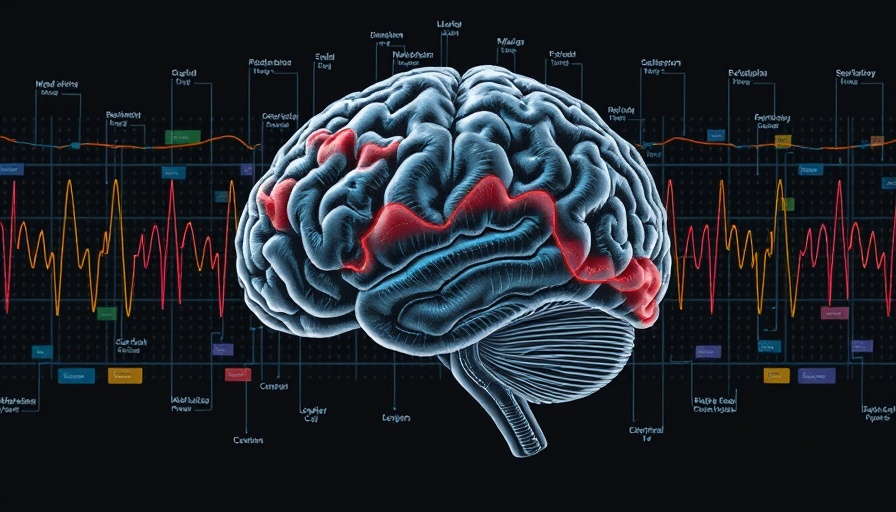
Understanding the Impact of ChatGPT on Learning
Artificial Intelligence tools, particularly ChatGPT, have quickly become integral in educational environments. Recent research from MIT highlights potential downsides associated with their use, revealing cognitive implications that warrant further discussion. The study found that relying on ChatGPT for writing essays can diminish brain engagement, raising questions about the effectiveness of these AI tools in fostering deep learning.
The Cognitive Cost of AI Dependence
Researchers observed that participants who utilized ChatGPT for their essays exhibited 'weaker neural connectivity' compared to those who wrote independently. This 'cognitive cost' indicates that over-reliance on AI tools may inhibit critical thinking and creativity. As evidence mounts, educators and students alike must consider how these technologies might be reshaping our cognitive processes.
The Echo Chamber Effect in Student Work
One concerning aspect highlighted by the study is the potential for an echo chamber effect. Students who depend on AI-generated content might find themselves less inclined to critically evaluate the nuances of their work. This raises a fundamental question: Are we risking the authenticity of student voices? Essays produced through ChatGPT often lacked personal insights, leading educators to describe them as 'soulless'. This tendency could reinforce existing beliefs while filtering out valuable alternative perspectives.
A Call for Balance in AI Usage
As these tools gain popularity — with 25% of U.S. teens reported using ChatGPT in 2024, up from 12.5% a year earlier — it's essential to integrate AI in a manner that enhances rather than undermines learning. The study's findings urge educators to formulate guidelines on AI usage to maintain cognitive engagement and foster personal expression in writing. In a tech-driven world, striking the right balance between using AI tools and preserving traditional methods could be vital for educational success.
In light of these insights, educators, students, and parents should engage in ongoing conversations about the role of AI in learning. It’s critical to foster environments where technology supports learning without overshadowing it.
 Add Row
Add Row  Add
Add 




Write A Comment